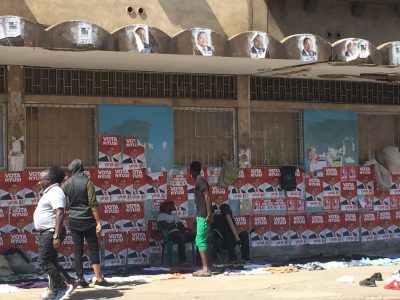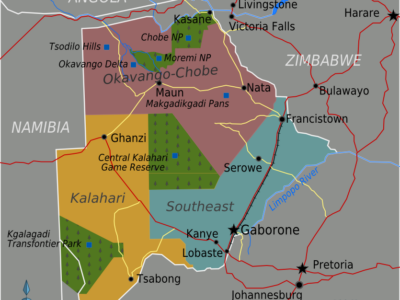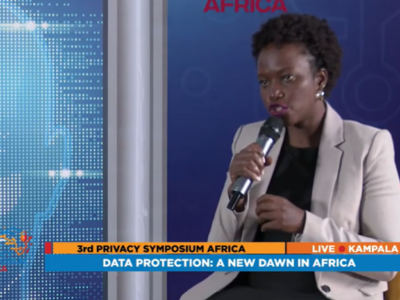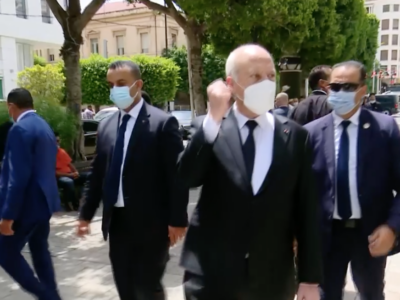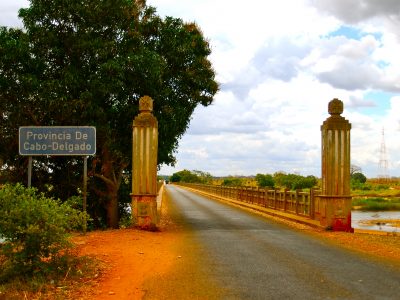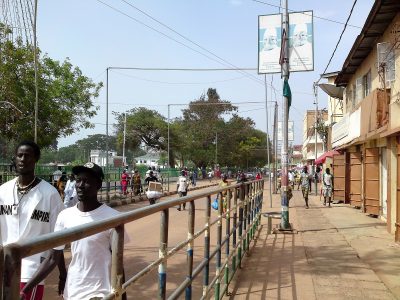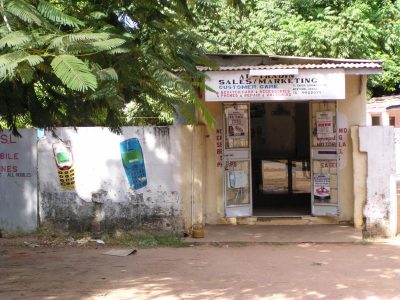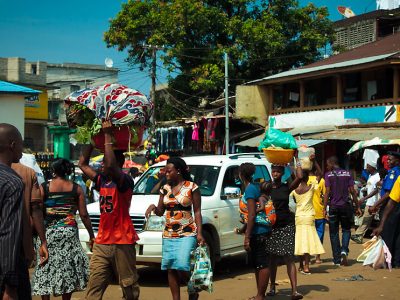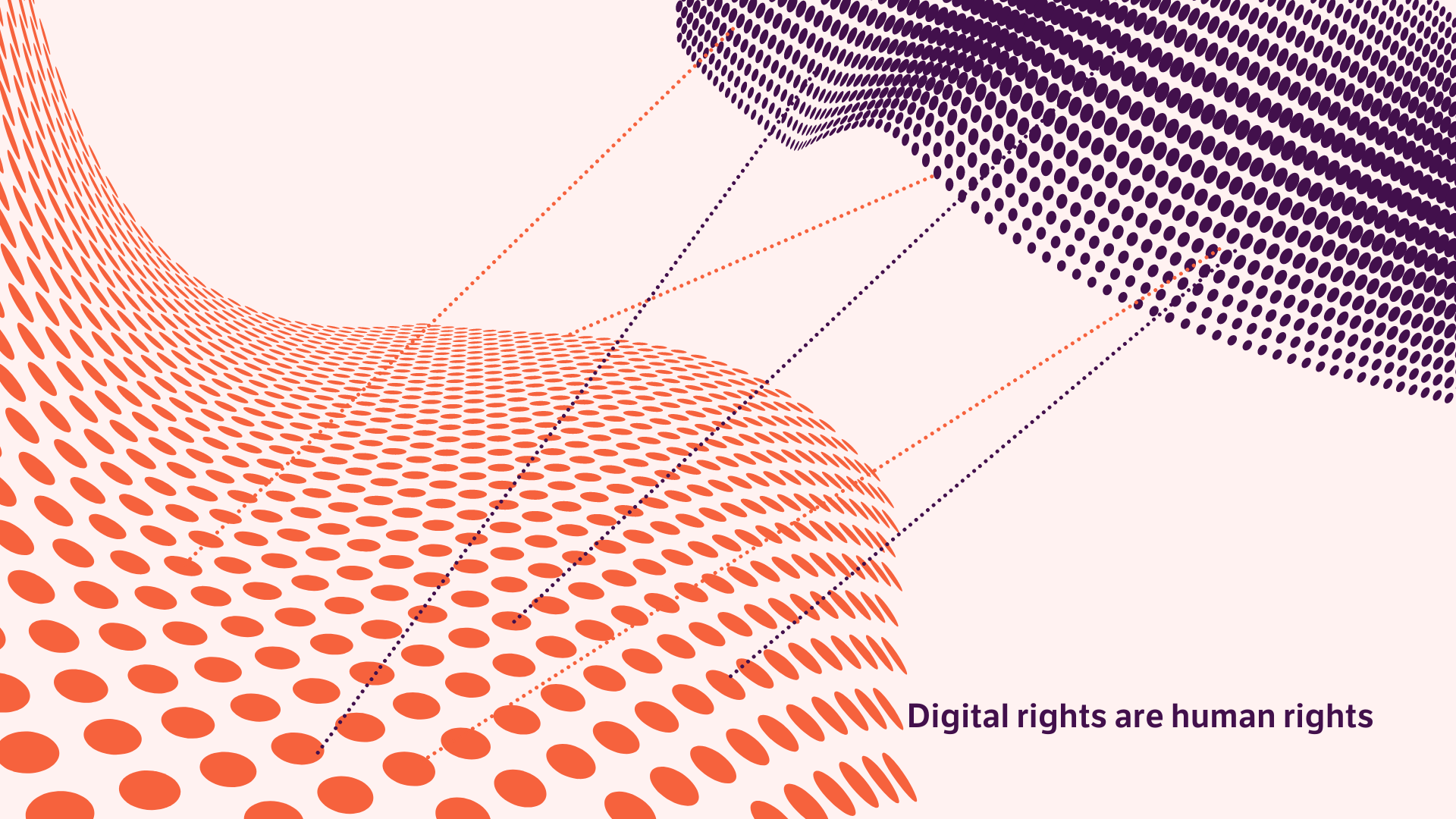 Advox is delighted to partner with the Small Media Foundation to bring you the UPROAR initiative, a collection of essays highlighting challenges in digital rights in countries undergoing the UN's Universal Periodic Review process, which is conducted by the Office of the High Commissioner of Human Rights. For the Universal Periodic Review the human rights records of UN Member states are reviewed on a four-year cycle. This process is a chance for each state to inform the UN and other observers of human rights in their countries about the actions they have taken to protect the rights of their residents.
Advox is delighted to partner with the Small Media Foundation to bring you the UPROAR initiative, a collection of essays highlighting challenges in digital rights in countries undergoing the UN's Universal Periodic Review process, which is conducted by the Office of the High Commissioner of Human Rights. For the Universal Periodic Review the human rights records of UN Member states are reviewed on a four-year cycle. This process is a chance for each state to inform the UN and other observers of human rights in their countries about the actions they have taken to protect the rights of their residents.
At Advox, we affirm that digital rights are human rights. We support the expansion of the human rights review to include the protection of digital rights. The countries from which these essays have come are undergoing their UPR review in a specific cycle; this platform is an opportunity to illuminate the progress and the challenges that they face with the implementation of digital rights. Internet controls, censorship, intimidation of journalists and discrimination of minority groups online are some of the issues that our pieces highlight. Our stories show that while there is much to celebrate, there is still a long way in the protection for digital rights of all people. Our stories also show the creative ways that advocates are harnessing digital technologies to demand respect for their human rights. We are grateful to all the contributors who share these stories with us and we hope that they invite a renewed commitment to protecting the digital rights of people all over the world.
Read the stories
Stories about UPROAR
Mozambique: Digital landscape and internet disruption in the context of elections
This is a new situation and could be indicative of a violation of the right to information enshrined in Mozambican law.
Silencing the press: Threats, violence, and injustices against journalists in Ghana
The disconcerting pattern of incursions into media facilities, often involving armed intruders, vandalization of studio equipment, forceful interference with broadcasts, and the intimidation and assault of hosts and guests, has been closely monitored from 2014 to 2023.
Benin: Punitive online journalism legislation poses setback to press freedom
The application of Benin’s Digital Code to online journalists complicates matters for the online journalism profession in the country, thus jeopardizing press freedom.
How to use social media to win an election: Influencers from Kenya’s 2022 election explain
Interviews with three sources hired by President William Ruto’s political party as online influencers for Kenya’s last election in September 2022, reveal a kind of playbook for the use and abuse of social media during elections.
A look into Uganda's digital services tax
Opposition members of Parliament expressed fears that the digital services tax could restrict access to social media and suppress freedom of speech, especially given the government’s unfriendly perception of digital activism.
Digital age dilemmas: Navigating human rights threats in Botswana's online realm
In the age of digital transformation, Botswana faces a complex conundrum: the promise of progress tangled with potential threats to fundamental human rights.
Navigating the boundaries of free speech: Nigeria’s Twitter ban
While governments have a legitimate interest in addressing the spread of misinformation and promoting online safety, there may be more effective solutions than outright bans on social media platforms.
How will Tunisia include its growing poor in an increasingly digital society?
At an age when they should be digital natives, many young Tunisians are starting life without the foundational skills to navigate an increasingly complex and digital world.
Anti-refugee rhetoric and the new far-right on Turkish social media
From openly racist statements from far-right political leaders to claims that news agencies are circulating disinformation to incite violence, social media is not making life safer for refugees in Turkey.
Zimbabwe’s uneven electoral field: Data protection laws used to deny digital voter roll inspection
In April this year, a number of eligible voters received accurately targeted campaign SMS messages from the ruling party, with details such as voters’ full names and where message recipients had registered to vote.
In Nigeria, the government weaponises the law against online expression
The Nigerian Communications Act of 2003 (NCA) has been employed by the government in justifying various violations of online freedom of expression in Africa's most populous nation.
Despite updates in legislation, organisations in Uganda struggle with data protection and privacy compliance
While Ugandan legislation was recently updated to include more provisions aimed at protecting digital privacy, reality on the ground shows the majority of Ugandans are not guaranteed those rights.
Tunisia: New prosecutions resurrect shadow of dictatorship
The use of military law by Kais Said's government to prosecute journalists and restrict freedom of expression foreshadows a return to the nightmare governments of before the Arab Spring.
In Sudan, the court stands on the side of unrestricted access to the internet
In Sudan a judge ruled to restore the internet service to the Sudanese after it was cut off in the aftermath of the October 25 coup.
Mozambican government reacts to conflict by imposing its own digital narratives
An on-going armed conflict is depriving Mozambicans of their right to access reliable information as the government spares no efforts to impose its own narratives
Namibian activists maximize social media to expose unlawful jurisdiction and homophobic legislature
LGBTQ+ and feminist activists in Namibia use social media as a tool to gain international attention and put pressure on their government to ensure equal rights.
‘A day without internet is a day in the dark’: The Gambia's growing digital divide
In the Gambia, frequent internet outages and overall instability have made everyday life an increasingly frustrating challenge, impeding both national development and individual growth.
The Gambia’s missed opportunity for digital rights reform
Gambians held high hopes for digital rights reforms under President Adama Barrow. But the draft constitution fell short on its promise to adequately protect digital rights.
Post-Magufuli, will Tanzania review its repressive online content regulations?
Tanzania's content regulations are often used to undermine and clamp down on digital rights and freedom of expression. With a newly sworn-in president, will the government review these repressive laws?
Sierra Leone’s new cybercrime bill could turn a phone into a crime scene
Sierra Leone’s cybercrime bill could turn a citizen’s smartphone into a crime scene at a moment’s notice.

